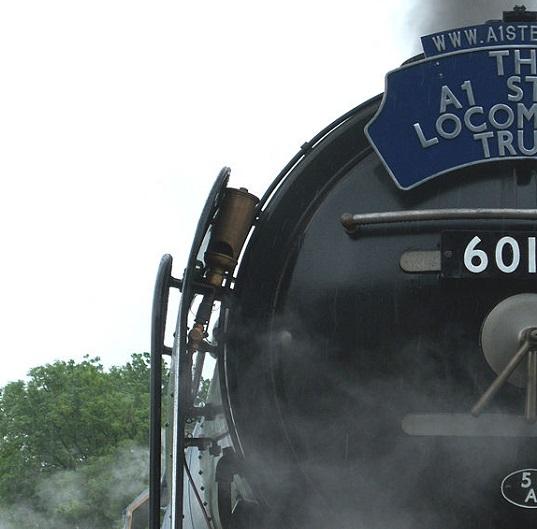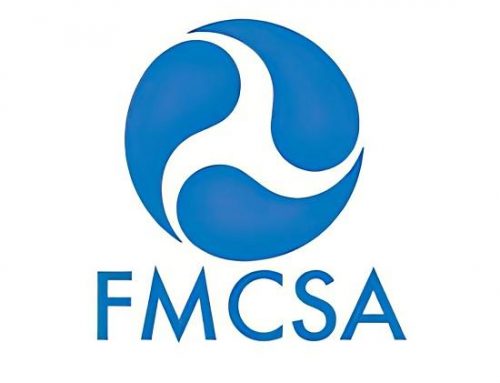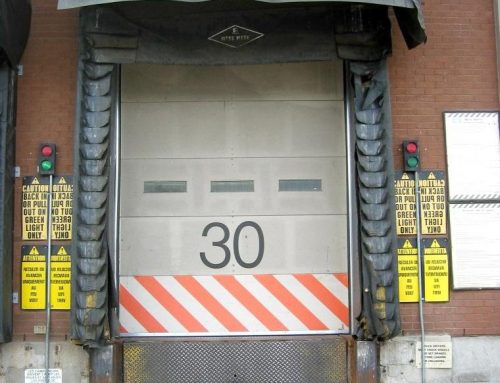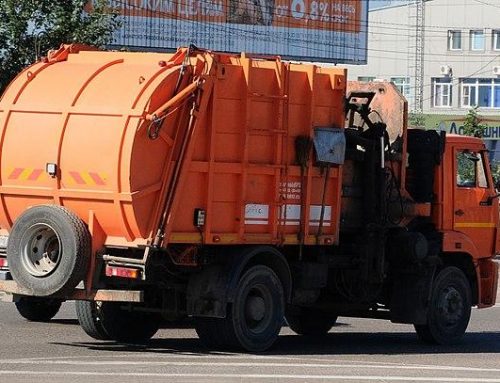When railroad workers raise concerns about safety issues, they play a vital role in preventing accidents and saving lives. However, speaking up also carries risk, as it can lead to retaliation from employers. To encourage reporting of safety hazards without fear, United States regulations offer critical protections for railroad carrier employees and contractors.
Overview of Whistleblower Protections
The Federal Railroad Safety Act (FRSA) safeguards railroad workers who disclose potential violations of safety rules or cooperate with related investigations. These whistleblower protections, enforced by the Occupational Safety and Health Administration (OSHA), were significantly expanded in 2007 and 2008. The law now shields more types of risk reporting, provides new rights and remedies for employees, and sets procedures for investigating claims of retaliation.
Workers Covered by Protections
The FRSA whistleblower defenses apply to a broad range of railroad personnel. They protect employees of railroad carriers directly involved in rail operations. Workers employed by railroad carrier contractors and subcontractors, such as companies that manufacture, repair, or service railroad equipment, also qualify.
Examples of Protected Activities
The law outlines numerous safety-related actions that cannot legally prompt retaliation when carried out by a covered railroad employee. For instance, employers may not punish workers for:
- Reporting possible safety violations to supervisors, railroad carrier compliance teams, regulators like OSHA, members of Congress or legislative committees
- Refusing to break railroad safety regulations or assist violations
- Initiating complaints or proceedings about safety matters or cooperating with related inquiries
- Documenting hazardous conditions, injuries, hours, or duty periods
- Declining to operate unsafe vehicles or infrastructure that pose imminent danger
- Requesting first aid or medical treatment after a workplace injury
Employers also cannot retaliate against someone for being perceived as engaging in protected activities like these, even if mistaken.
What Constitutes Retaliation Retaliation encompasses far more than potential actions like termination or suspension. It also includes downgrading an employee’s role or pay grade, denying promotions, reducing hours, making threats, intimidating, harassing, delaying medical care access, failing to rehire, and other adverse treatment.
How Railroad Workers Can Report Retaliation
If a worker faces retaliation after engaging in FRSA-protected activity, they can submit a complaint to OSHA within 180 days. They need not utilize a specific form, can file it in any language, and have multiple options:
- Visiting the local OSHA office in-person
- Calling the local OSHA office
- Mailing a written complaint to the nearest OSHA office
- Faxing or electronically submitting a complaint via OSHA’s website
- Working with a union representative or lawyer to file on their behalf
The date OSHA receives the complaint through any of these mechanisms starts the countdown to take action.
OSHA Investigation and Potential Outcomes OSHA reviews all qualified retaliation complaints to determine if the legal requirements were met before proceeding with an investigation. If the evidence supports the railroad worker’s claims, OSHA issues orders to remedy the retaliation. This may involve actions like reinstating the employee, providing back pay, restoring positions or seniority rights lost, or correcting records. If the inquiry does not find proof of retaliation, OSHA dismisses the complaint.
Roles of Other Agencies The employer or employee can also request a hearing with the Department of Labor Office of Administrative Law Judges after OSHA renders its determination. Further appeals go to the Department’s Administrative Review Board. Employees may additionally file a federal court case if the Department does not produce a final decision in 210 days after the investigation starts.
Conclusion
Railroad workers have both the obligation and right to speak out about safety without fear or career impacts. The FRSA whistleblower protections OSHA oversees provide this critical assurance while also serving the public interest in identifying hazards before catastrophe strikes. Workers play an integral part in realizing the goal of safe, thriving railroads by listening to concerns, welcoming transparency, and refusing retaliation against conscientious reporting.










